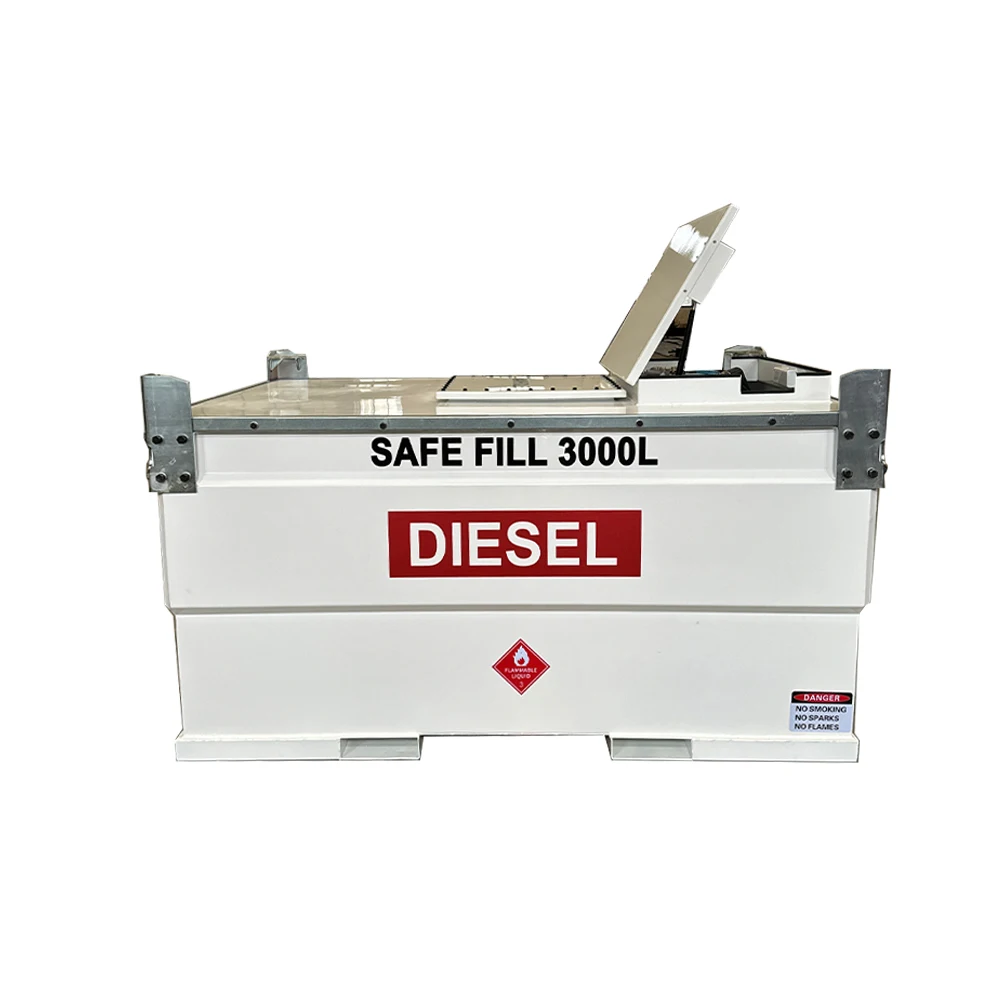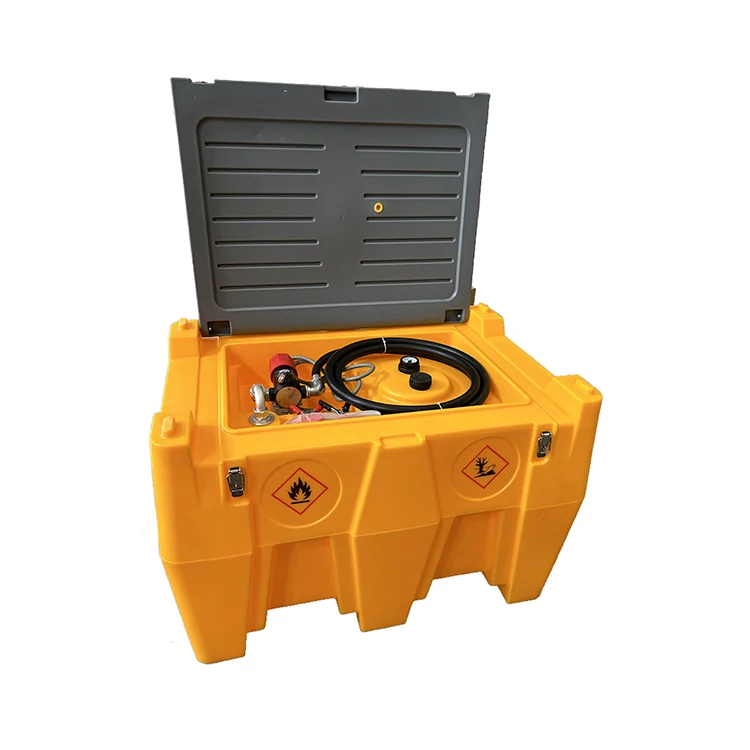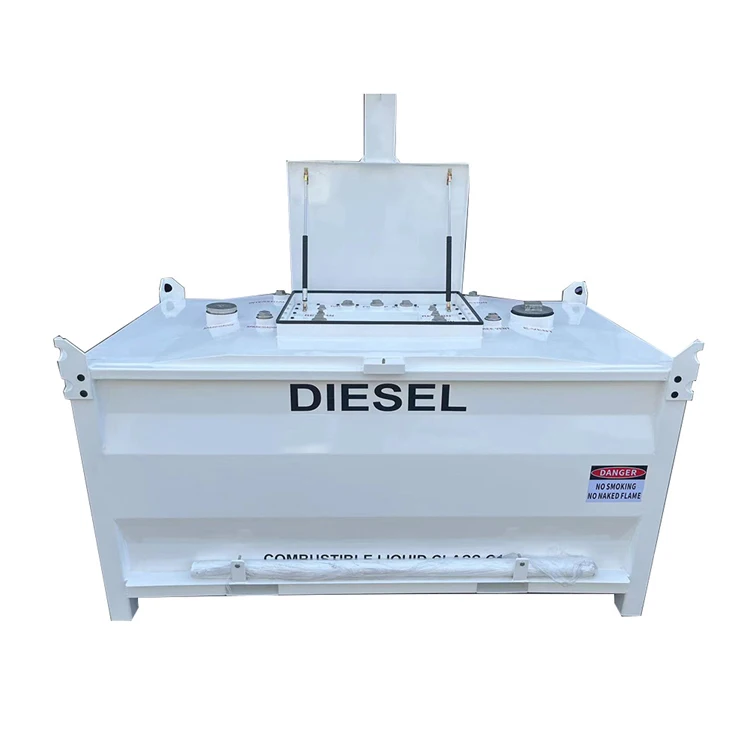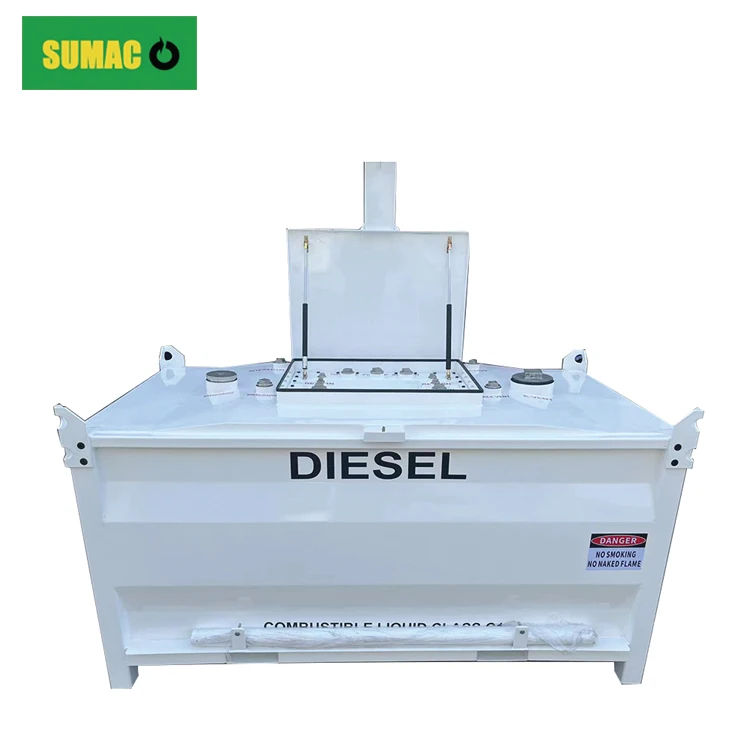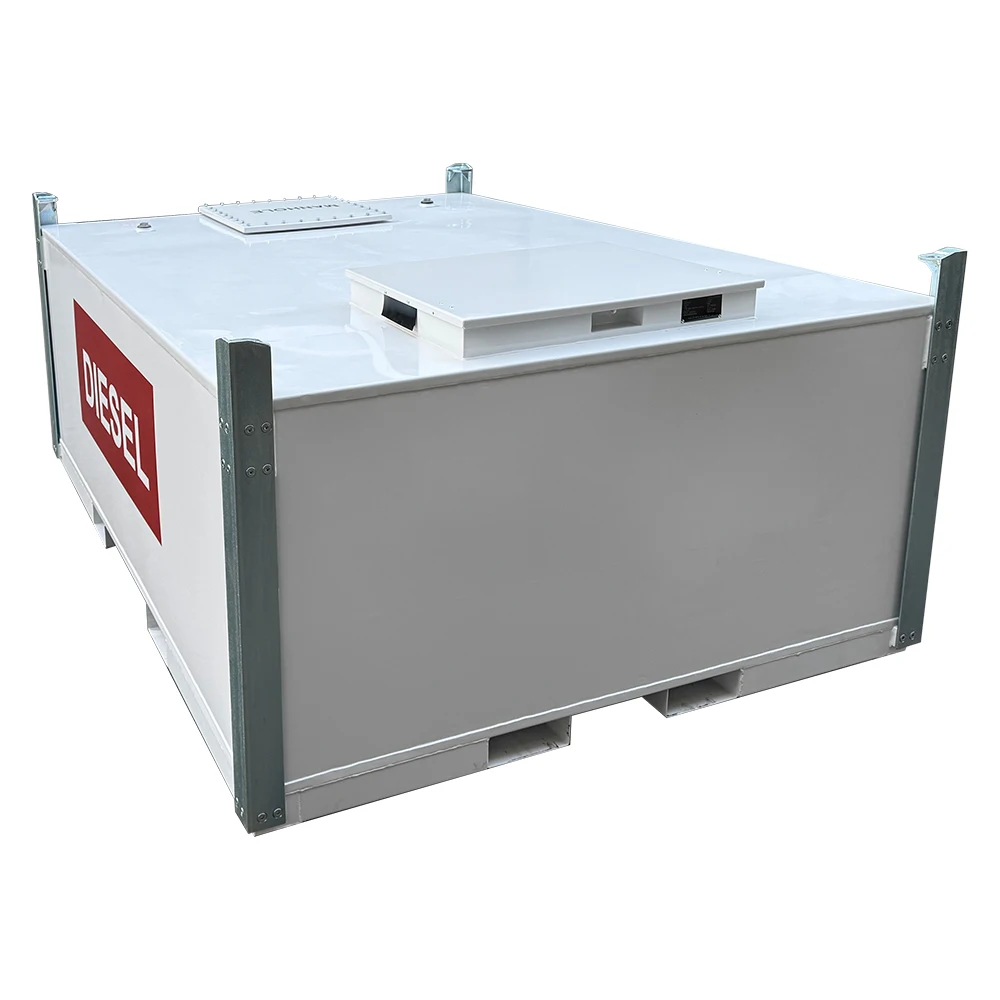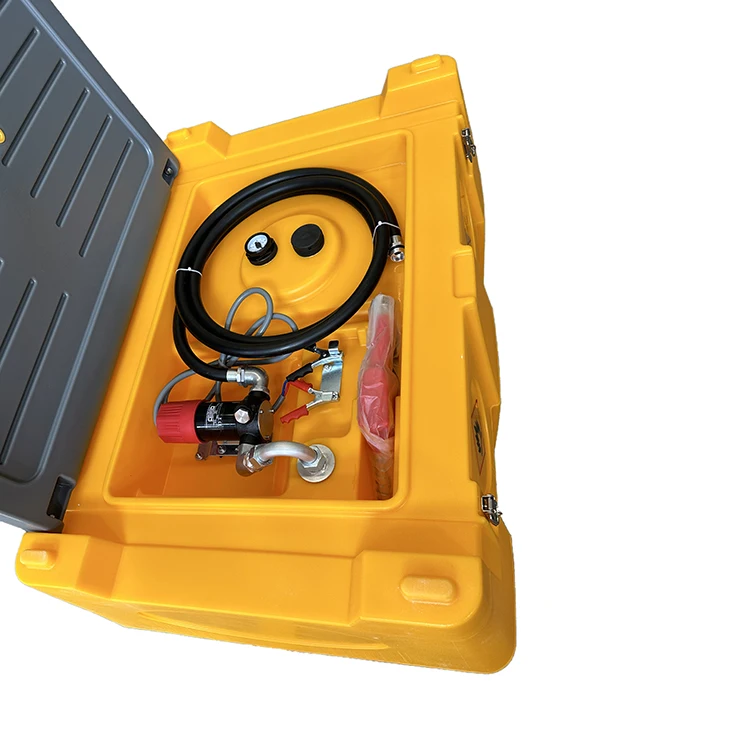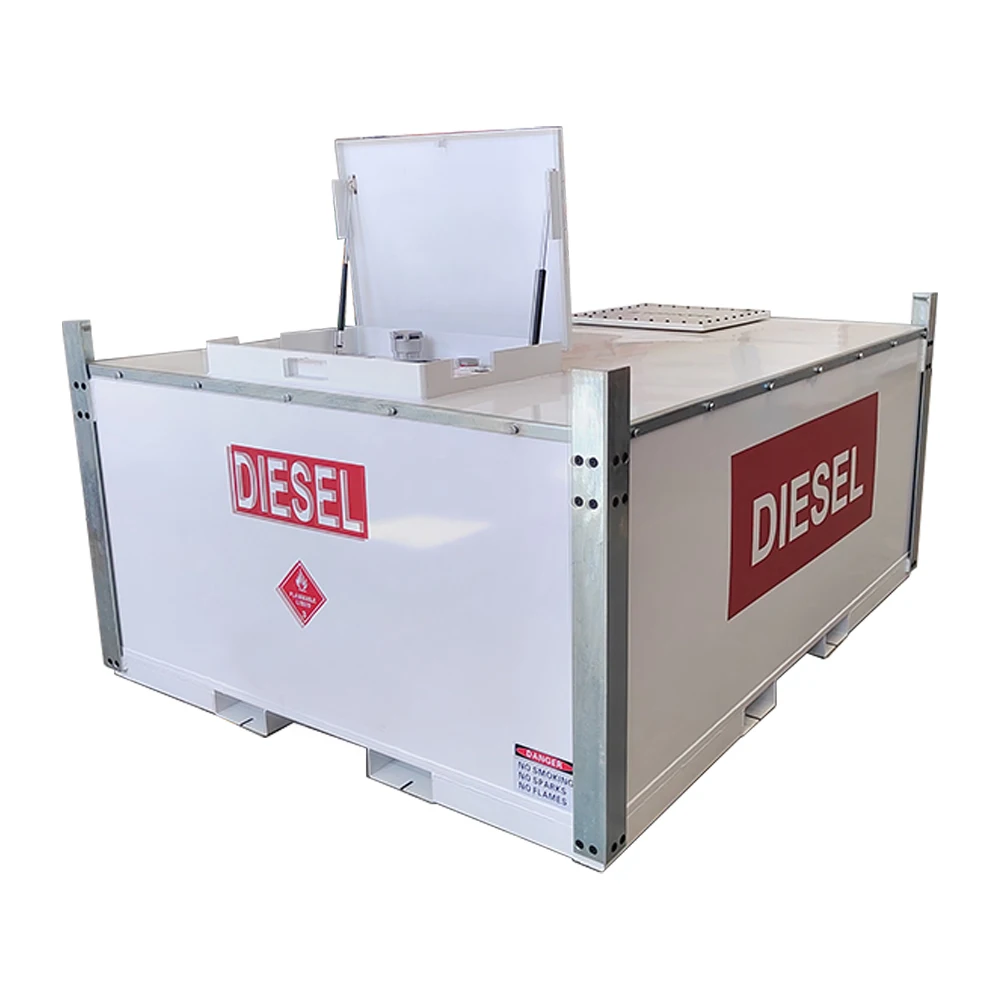Diesel transport fuel tank
A diesel transport fuel tank is a container designed to store and transport diesel fuel. Here's a more detailed look:
1. Construction and Design
Materials:
These tanks are typically made of metal, such as steel or aluminum. Steel tanks are more durable and can withstand greater external pressures. However, aluminum tanks are lighter, which is beneficial for improving fuel efficiency during transportation as it reduces the overall weight of the vehicle.
Shape and Size:
The shape can vary. Common shapes include cylindrical and rectangular. Cylindrical tanks are often used in tanker trucks because they can better distribute the pressure of the fuel inside. The size of the tank depends on the intended use. For example, a small diesel fuel tank for a pickup truck used for personal transportation might have a capacity of around 20 - 30 gallons (75 - 114 liters), while a large tanker truck can carry thousands of gallons (or liters) of diesel fuel. The tanks are usually designed to fit within the available space of the vehicle's chassis or body.
2. Safety Features
Ventilation:
Diesel fuel tanks have a ventilation system. This is crucial because as the temperature changes, the fuel can expand and contract. The ventilation system allows air to enter or exit the tank to maintain a safe pressure inside. Without proper ventilation, the tank could potentially rupture due to pressure build - up.
Spill - Prevention:
They are equipped with features to prevent fuel spills. This includes well - sealed filler necks and valves. Some modern tanks also have automatic shut - off valves that stop the fuel flow when the tank is full to avoid overfilling and subsequent spillage.
Fire - Resistance:
The materials used in the construction of the tank are often chosen for their fire - resistant properties. Additionally, some tanks may have insulation or other protective coatings to reduce the risk of fire in case of an accident or external heat source.
3. Components and Accessories
Fuel Gauges:
To monitor the amount of diesel fuel in the tank, a fuel gauge is installed. This can be a mechanical or electronic device. Mechanical fuel gauges usually work based on a float - and - arm mechanism that moves a pointer on a dial to indicate the fuel level. Electronic fuel gauges use sensors to send a signal to a display unit, usually located on the vehicle's dashboard.
Fuel Pumps:
A fuel pump is an essential component. It is responsible for transferring the diesel fuel from the tank to the engine. There are different types of fuel pumps, such as mechanical pumps and electric pumps. Mechanical pumps are usually driven by the engine's camshaft, while electric pumps can provide more consistent fuel pressure and are often used in modern diesel vehicles.
Filters:
Fuel filters are installed in the fuel line connected to the tank. These filters remove impurities and contaminants from the diesel fuel, such as dirt, water, and debris. Clean fuel is crucial for the proper operation of the diesel engine and to prevent damage to the fuel injection system.
4. Regulatory and Environmental Considerations
Emissions:
The transportation of diesel fuel is regulated to minimize emissions. Diesel fuel tanks must be properly sealed to prevent fuel vapors from escaping into the atmosphere. Vapor recovery systems are sometimes installed to capture and recycle these vapors.
Transportation Regulations:
There are strict regulations regarding the transportation of diesel fuel. Vehicles carrying diesel fuel tanks must meet safety standards, including proper signage (such as hazardous material placards), and drivers need to have appropriate training and licenses to handle and transport fuel safely.
https://www.sumachine.com/
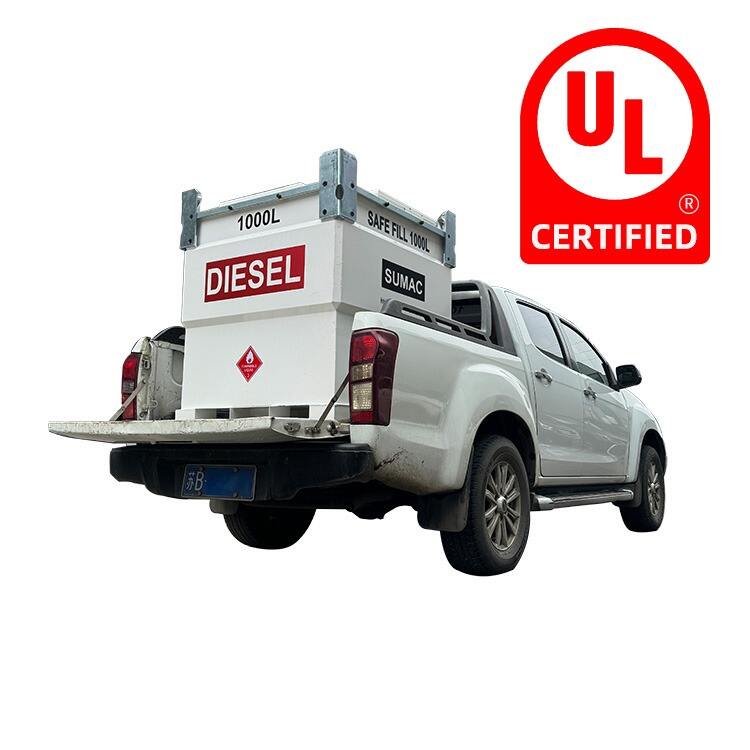
Recommended Products
Hot News
-
Double wall portable diesel gasoline cube tank with pump sale for Mauritius
2024-11-11
-
Double Walled Portable Fuel TransferCube Tank Ship To Spain
2024-11-07
-
Shipping of portable aviation fuel tank with pump
2024-10-12
-
Carbon steel diesel fuel cube tank ship to USA
2024-11-14
-
Carbon steel cube tank with pump
2024-11-13
-
Fuel Transfer Tank Cube Stationary Double Walled Diesel Storage Tank Sale For Spain
2024-11-06
-
251 US Gallon 552 Gallon Fuel Cube Transfer Tank Sale For USA
2024-11-05
-
251-2000 Gallon Fuel Cube Transfer Tank Sale For Grenada
2024-11-01
-
552 Gallon portable fuel dispenser with tank sale for USA
2024-10-30
-
Mobile fuel tank with pump sale for Spain
2024-10-22
 EN
EN
 AR
AR
 BG
BG
 HR
HR
 CS
CS
 DA
DA
 NL
NL
 FI
FI
 FR
FR
 DE
DE
 EL
EL
 IT
IT
 JA
JA
 KO
KO
 NO
NO
 PL
PL
 PT
PT
 RO
RO
 RU
RU
 ES
ES
 SV
SV
 TL
TL
 ID
ID
 LT
LT
 SR
SR
 SK
SK
 SL
SL
 UK
UK
 VI
VI
 HU
HU
 TH
TH
 TR
TR
 MS
MS
 GA
GA
 IS
IS
 KA
KA
 HT
HT
 KK
KK
 UZ
UZ


